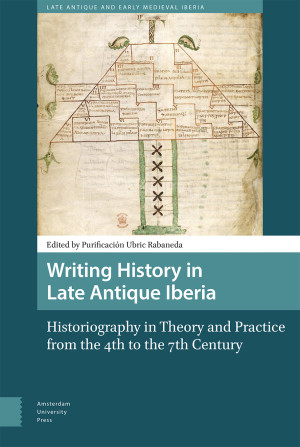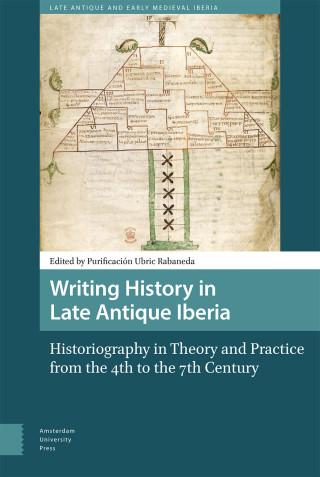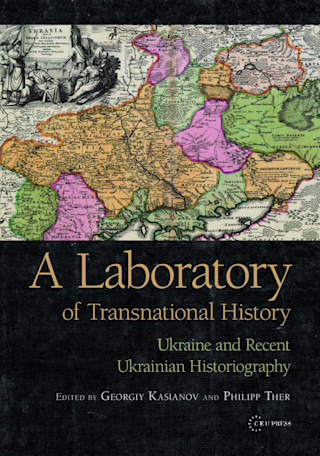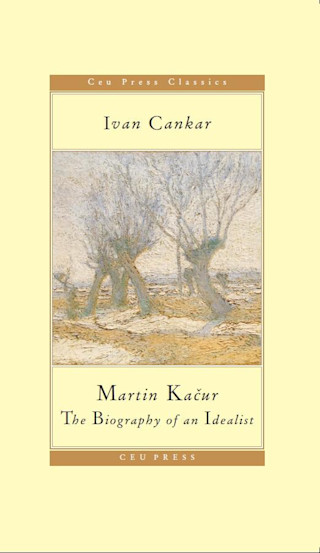This volume reflects on the motivations underpinning the writing of history in Late Antique Iberia, emphasising its theoretical and practical aspects and outlining the social, political and ideological implications of the constructions and narrations of the past. The volume includes general topics related to the writing of history, such as the historiographical debates on writing history, the praxis of history writing and the role of central and local powers in the construction of the past, the legitimacy of history, the exaltation of Christian history to the detriment of other religious beliefs, and the perception of time in hagiographical texts. Further points of interest in the volume are the specific studies on the historiographical culture. All these issues are analysed from an innovative perspective, which combines traditional subjects with new historiographical topics, such as the configuration of historical discourse through another type of documentation like councils, hagiography or legislation.





